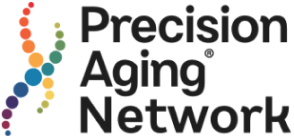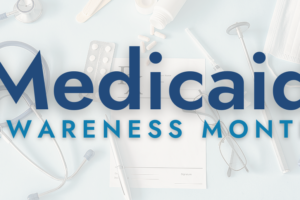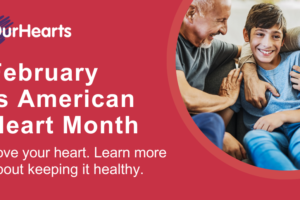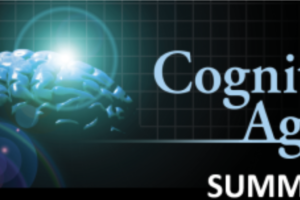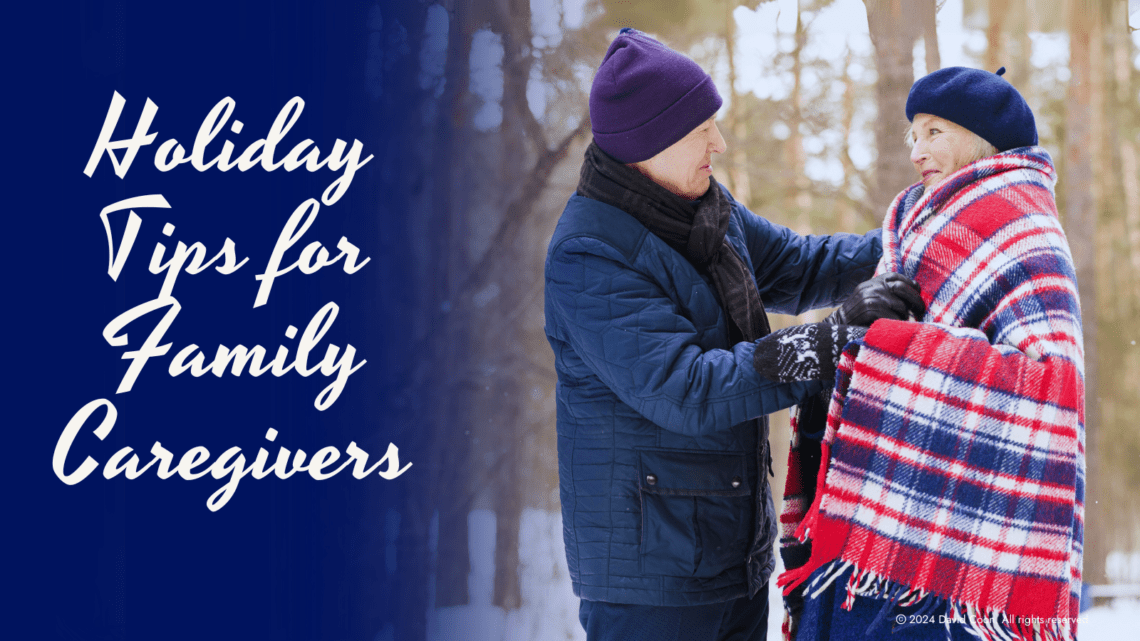
Holidays are upon us bringing not only joy and laughter amidst the hustle and bustle but also some added stress–particularly for family members and friends who care for loved ones experiencing memory problems as they. PAN investigator David Coon developed the following strategies to help family caregivers make the most of the holidays.
Connectedness. Reach out for meaningful connections that provide informational, tangible, or emotional support- with family, friends, and even your care recipient.
Avoid overload. When stress, the blues, or worry rises, take 5, 15, 30 minutes or more. Engage in something restorative. Taking care of yourself—maintaining health and happiness—is really another way of taking care of your loved one.
Resources. Contact key community resources you have put off and reach out to other caregivers. When someone offers to help, provide an appropriate list to choose from or hear their suggestions.
Educate. Family and friends that haven’t seen changes in your loved one often zip in and out at the holidays. Reduce last minute stress through a “holiday” note or email providing a heads up on changes.
Game plan. Plan ahead, especially for outings and in-home get-togethers with invited guests. Keep in mind your own energy level and your loved one’s limitations. Have a game plan for safety.
Invent new or transform old traditions. Avoid the “if we can’t do it the way we used then, let’s not at all” trap. Determine what you really want from the holidays. If others are adamant about keeping a crossed-off tradition, enlist them to accomplish all necessary tasks.
Value the quality not the quantity of time. Many times, in the rush of the season and the responsibilities of care, we forget the precious present. Keep it simple, less is often more.
Identify simple, pleasant activities. In the midst of the hustle and bustle of holiday traditions, routine is very important for your loved one. What simple, every day pleasant activities can be maintained for your loved one, for you, and for the two of you together?
No thank you is a short but indispensable phrase. A sincere “No, thank you, we can’t at this time” and suggestions on other ways to connect at a later date go a long way.
Gift giving. Thank you notes and small gifts for those who help you are truly appreciated. Make it easy. The gift of giving often rejuvenates, but keep it simple.
© 2024 David Coon. All rights reserved.

